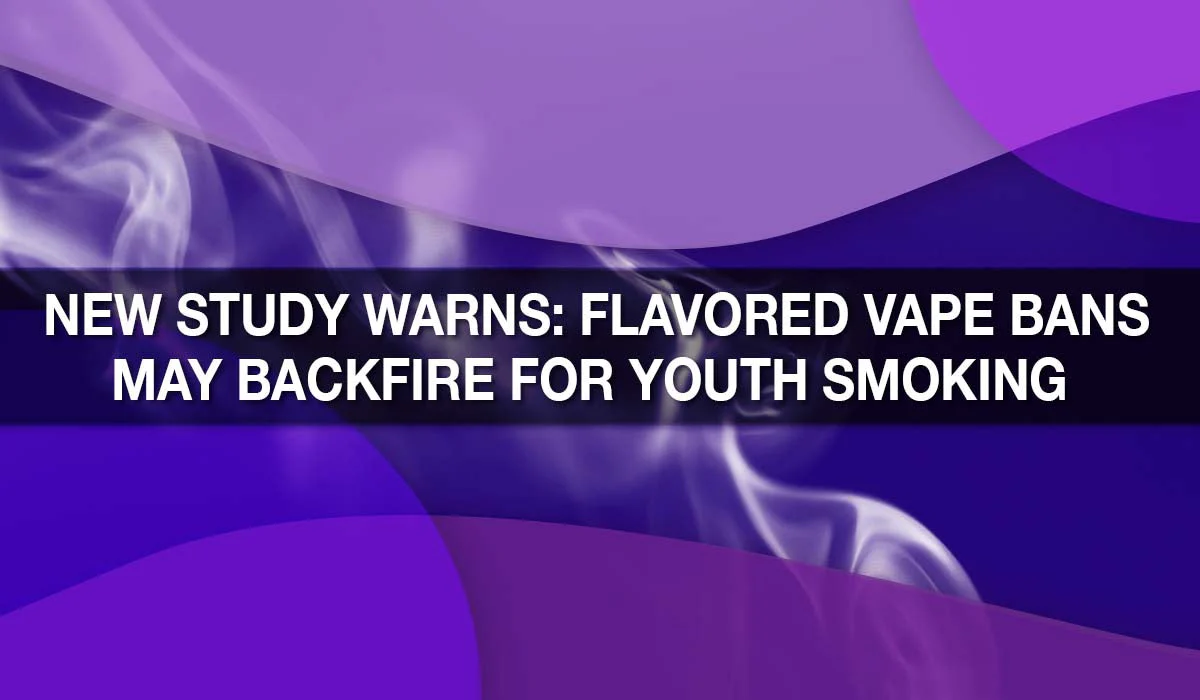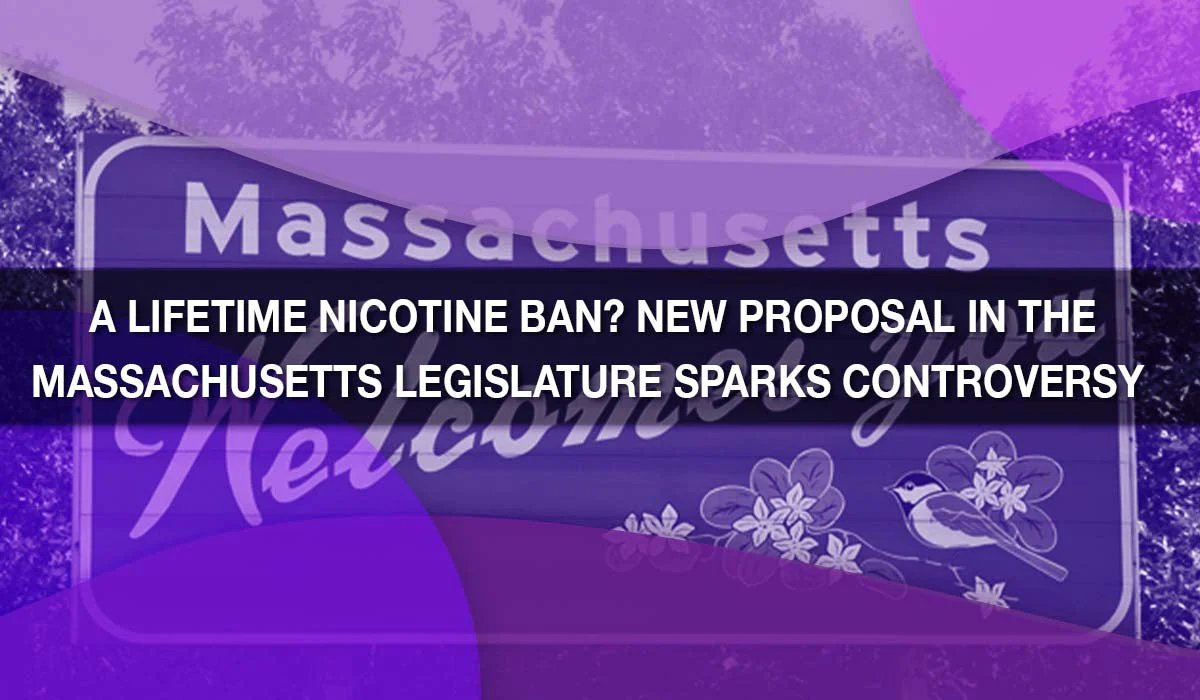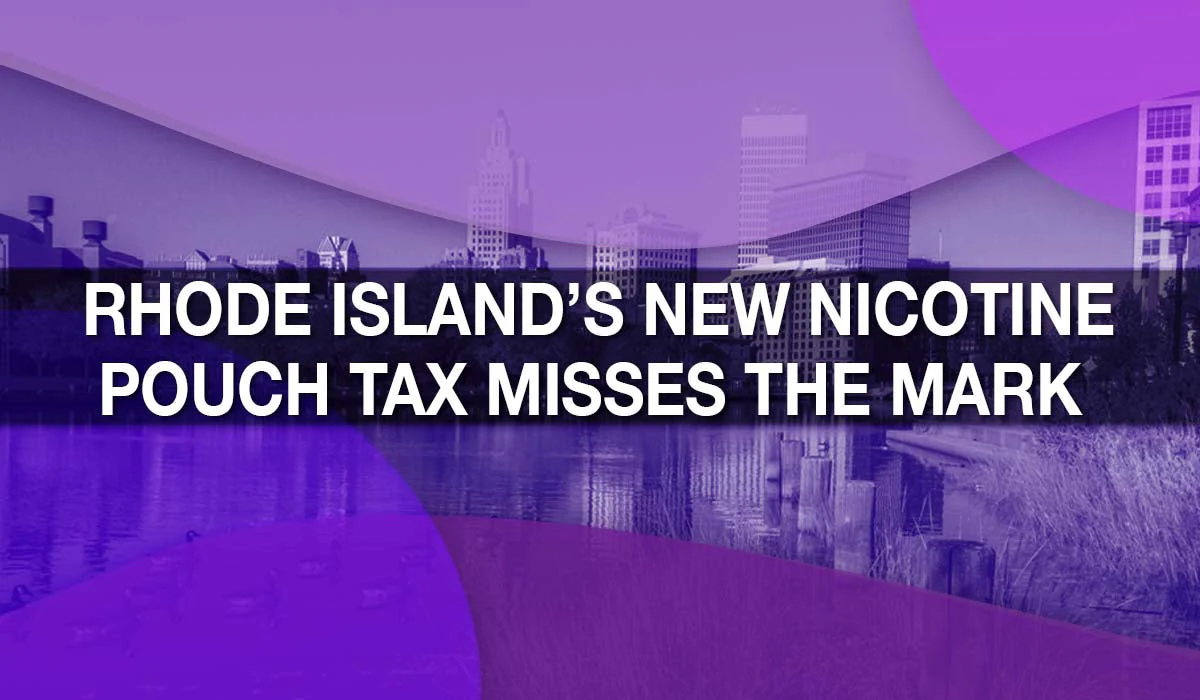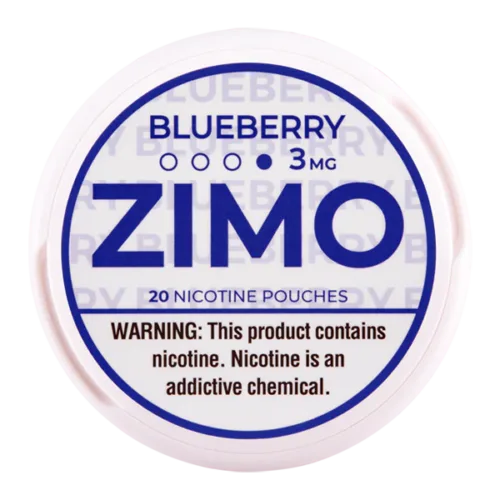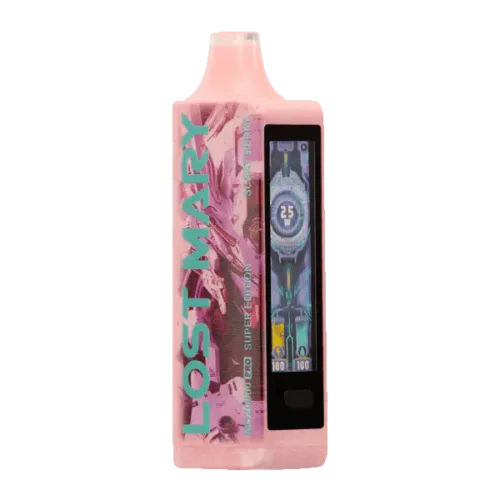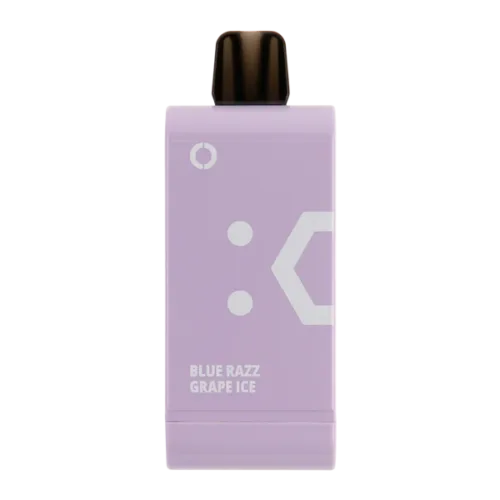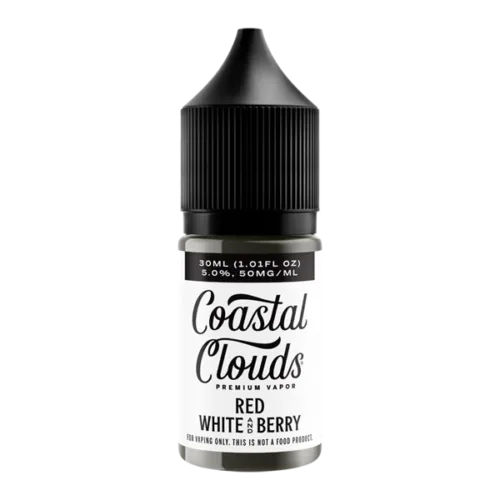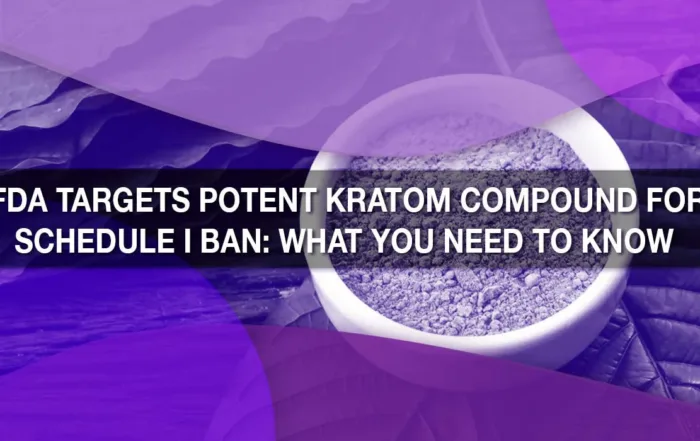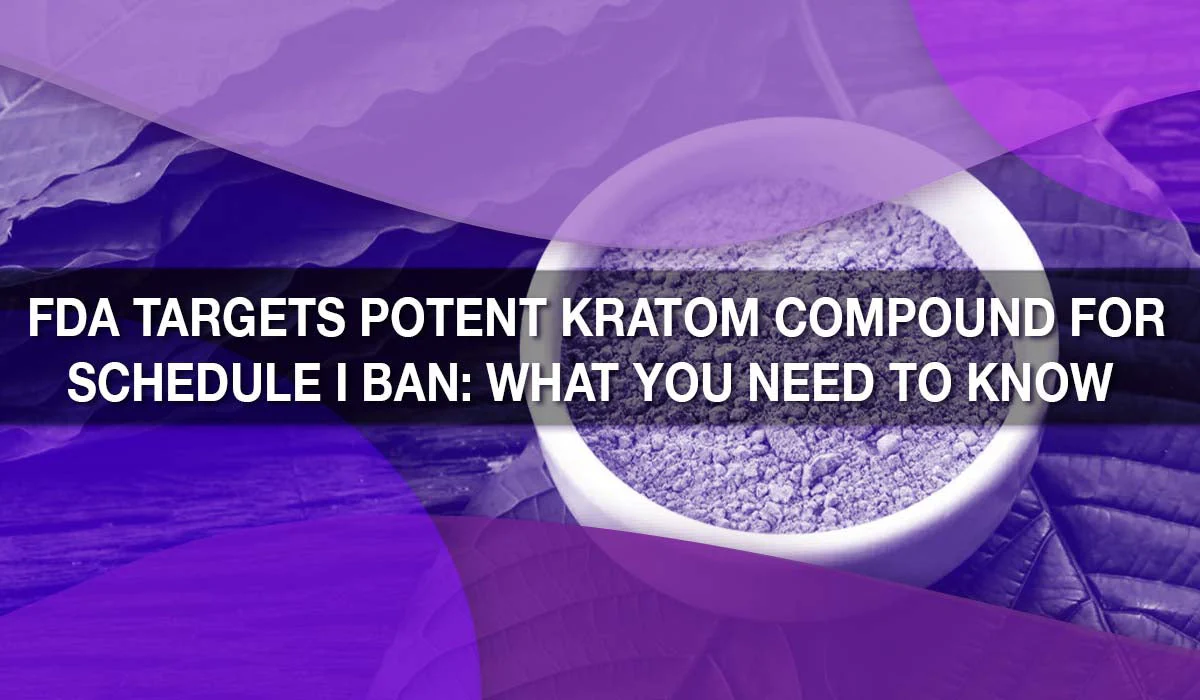
FDA Targets Potent Kratom Compound for Schedule I Ban: What You Need to Know
The U.S. Food and Drug Administration (FDA) is ramping up efforts to restrict a powerful kratom-derived substance found in popular convenience store items, including vapes and gummies. This week, FDA Commissioner Dr. Marty Makary announced the agency’s formal request for the Drug Enforcement Administration (DEA) to classify 7-hydroxymitragynine (7-OH) as a Schedule I controlled substance — the strictest category under federal drug law.
What Is 7-OH?
7-hydroxymitragynine is a highly potent compound derived from the kratom plant, occurring naturally in small amounts but often synthetically enhanced or isolated in commercial products. Unlike traditional kratom, which remains legal at the federal level, 7-OH is known for its opioid-like effects, binding to the same brain receptors as drugs like morphine and heroin.
“This is an addictive opioid,” said Dr. Makary. “Yet it’s being sold in colorful packaging next to candy bars and energy drinks at smoke shops and gas stations.”
Why the Crackdown?
The FDA is concerned that unregulated 7-OH products are being marketed as safe, natural alternatives, with little to no labeling or consumer warnings. Some are even showing up in children’s gummies and drinks, raising significant alarms among health officials.
Dr. Janet Woodcock, a senior FDA advisor, stated that the abuse potential of 7-OH mirrors that of traditional opioids, yet there are currently no federal controls on the substance.
FDA’s Next Moves
As part of its push for stricter regulation, the FDA will:
- Launch a national public and physician education campaign
- Mail letters to every licensed doctor warning about 7-OH’s risks
- Release a scientific review of the compound
- Recommend a concentration threshold above which 7-OH products would be illegal
If the DEA follows the FDA’s recommendation, 7-OH would join substances like LSD and heroin on the Schedule I list, making its production, sale, or possession a federal crime.
What This Means for Retailers and Consumers
Retailers selling products containing 7-OH — often marketed under vague labels like “kratom extract” or “plant-based relaxants” — could soon face enforcement action. The FDA has not yet indicated whether whole-plant kratom or its primary alkaloid, mitragynine, will face similar scrutiny, but this latest move is a signal that federal authorities are taking a harder stance on kratom derivatives.
Final Thoughts
With kratom’s legal status continuing to evolve, businesses in the vape and convenience sectors should keep a close eye on these developments. For now, 7-OH remains legal, but a shift in DEA classification could come quickly once the public comment period ends.

